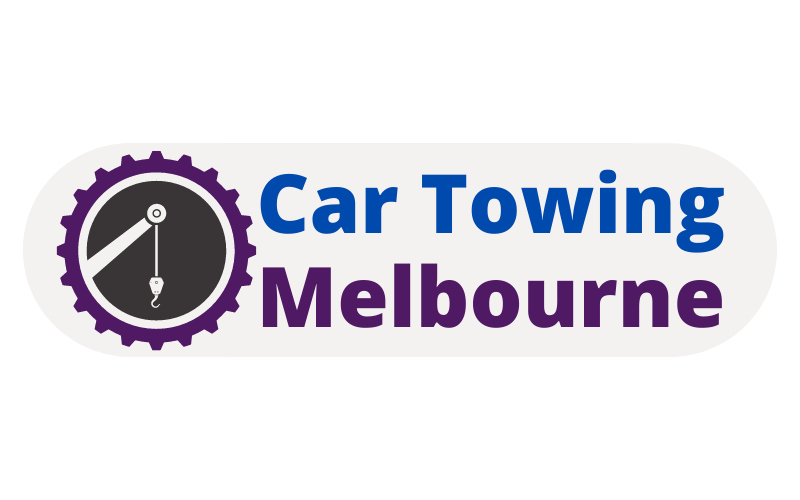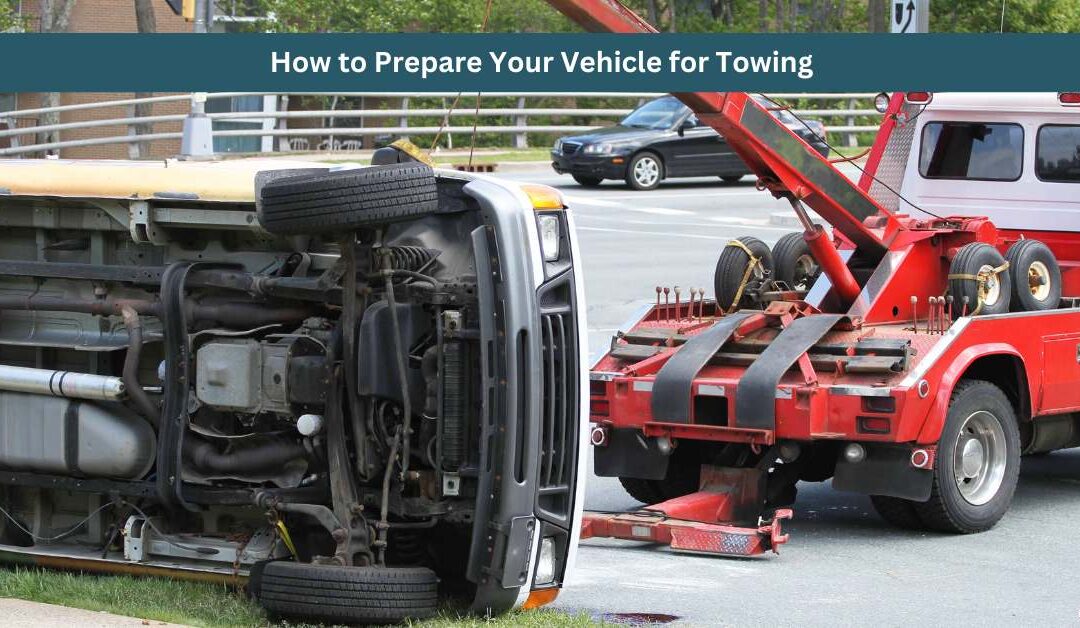When it comes to towing a vehicle, proper preparation is crucial for ensuring safety and minimizing potential damage. Whether you’re towing a car, truck, or motorcycle, following these steps can help ensure a smooth process. Here’s how to prepare your vehicle for towing effectively.
1. Know Your Towing Capacity
Before towing, always check your vehicle’s owner’s manual to determine its towing capacity. This information will help you avoid overloading your vehicle, which can lead to accidents or damage. Consider the weight of the vehicle being towed, including any cargo.
2. Choose the Right Towing Equipment
Selecting the appropriate towing equipment is essential for safe transport:
Tow Hitch: Ensure you have a tow hitch rated for the weight of the vehicle being towed. Hitches come in various classes, so choose one that meets or exceeds the weight requirements.
Safety Chains: Use safety chains that are strong enough to support the weight of the towed vehicle. Cross them under the hitch to provide extra security.
Tow Bar or Dolly: Depending on your towing method, ensure you have the correct tow bar or dolly to connect the two vehicles securely.
3. Prepare the Vehicle Being Towed
Getting the vehicle ready for towing involves a few key steps:
Disconnect the Battery: If you’re towing a vehicle with an automatic transmission, disconnect the battery to prevent any electrical issues during transport.
Check Fluid Levels: Make sure all fluid levels (oil, coolant, brake fluid, etc.) are adequate. Low fluid levels can lead to damage during towing.
Secure Loose Parts: Check for any loose items or parts on the vehicle that may become dislodged during towing. Secure or remove them to prevent damage.
Shift to Neutral: If towing a front-wheel-drive vehicle, shift the transmission into neutral to prevent damage to the drivetrain. For rear-wheel drives, consult the owner’s manual for specific instructions.
4. Inspect Tires
Inspect the tires of both the towing vehicle and the one being towed:
Tire Pressure: Ensure all tires are inflated to the recommended pressure. Under-inflated tires can cause instability and increase the risk of blowouts.
Tread Condition: Check the tread depth for signs of wear. Tires with low tread can affect traction and handling.
5. Check Lights and Signals
Ensure that all lights and signals on both vehicles are functioning properly:
Brake Lights: Test the brake lights to ensure they illuminate when the brakes are applied.
Turn Signals: Check the left and right turn signals for proper operation. If using a tow dolly or trailer, ensure that the lights are connected and functioning.
6. Confirm Insurance and Registration
Make sure that both vehicles are properly insured and registered. If you’re using a tow service, ensure the service has adequate insurance coverage to protect both vehicles during transport.
7. Plan Your Route
Before hitting the road, plan your route carefully:
Avoid Narrow Roads: Stick to wider roads and avoid tight turns, especially if towing a larger vehicle.
Check for Restrictions: Some areas may have restrictions on towing, so check local regulations and avoid any low bridges or weight limits.
Be Prepared for Stopping: Allow for longer stopping distances when towing, as it takes more time and distance to bring a heavier load to a halt.
8. Practice Safe Towing Techniques
When you’re ready to tow, keep these tips in mind:
Drive Slowly: Maintain a slower speed than normal when towing, as it helps with control and stability.
Increase Following Distance: Leave plenty of space between your vehicle and the one in front of you to allow for extended stopping time.
Be Aware of Wind and Weather Conditions: Towing can be affected by high winds or inclement weather. Adjust your speed and driving style accordingly.
Conclusion
Preparing your vehicle for towing involves thorough checks and precautions to ensure safety and prevent damage. By following these steps, you can make the towing process smoother and more efficient, whether you’re handling it yourself or using a professional towing service. Always prioritize safety and be mindful of the extra responsibilities that come with towing another vehicle.
Now Car Towing Melbourne is available in Docklands VIC 3008, Australia
Car Towing Melbourne
(03) 7037 7625

